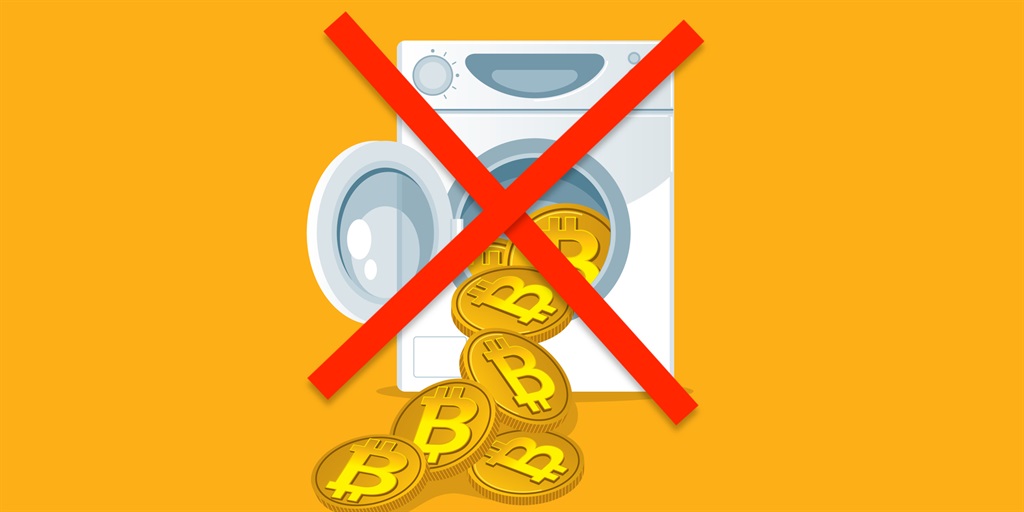
- In a little over two weeks, it becomes legally impossible to deal anonymously with cryptocurrency in South Africa.
- Under a rules update this week, cryptocurrency exchanges fall under the Financial Intelligence Centre Act from 19 December.
- And an exchange is anyone who swaps one kind of crypto for another, or for real money, in SA.
- That makes crypto tokens just as surveilled as rands, for the same reason: to thwart money laundering and terrorism financing.
Cryptocurrencies such as bitcoin will fall under the same surveillance rules as real money from 19 December, thanks to an update to a legislative schedule published this week.
The effect – and bluntly stated intent – is to make it legally impossible to deal anonymously in crypto assets within South Africa, in order to combat money laundering and terrorist financing.
From 19 December, finance minister Enoch Godongwana decreed, crypto exchanges will be listed under Schedule 1 of the Financial Intelligence Centre Act (FICA), which defines "accountable institutions" under that law.
Other accountable institutions include banks, estate agents, and dealers in foreign currency, and they have a long list of duties towards the Financial Intelligence Centre, the institution that is supposed to detect criminal money flows. They are required to identify the parties involved in transactions, keep records of transactions (typically for at least five years), and to report big transactions as well as anything that seems even remotely suspicious.
Because anyone with internet access can act as a crypto exchange, the new rules use broad definitions. For purposes of Fica, a crypto exchange will be anyone, including an individual, who buys or sells crypto on behalf of a client, swaps one kind of crypto for another, or who " transfers a crypto asset from one crypto asset address or account to another", say selling bitcoin for ether.
Crypto assets, too, are broadly defined and specifically exclude only fiat-linked coins: any "digital representation of perceived value" that can be used online to either invest or make payments. That covers both cryptocurrencies and the likes of non-fungible tokens (NFTs), plus units linked to real-world assets such as commodities or shares.
Crypto tokens have already been used for money laundering in South Africa, said the Financial Intelligence Centre when it consulted on what was then a draft plan to bring crypto exchanges under its purview.
"The risk of anonymity in the use of crypto assets should be addressed," it said.
Staying within FICA requirements makes for an onerous administrative burden, and experts have previously warned not all local crypto providers will survive the transition towards being fully regulated.
South Africa has been scrambling to update laws and regulations to satisfy the requirements of the global Financial Action Task Team (FATF), which could grey-list SA for failure to have adequate safeguards against money laundering. The impact of that could amount to as much as 3% of gross domestic product (GDP), by one estimate.
Keeping a close watch on transactions is not the only new obligation for crypto exchanges. In October, the Financial Sector Conduct Authority (FSCA) declared crypto assets to be financial assets in South Africa. That means investors in crypto tokens get the same level of protection as investors in shares or unit trusts – and anyone who helps those investors trade in crypto, or who provides advice on investing in crypto, must register as a financial service provider.